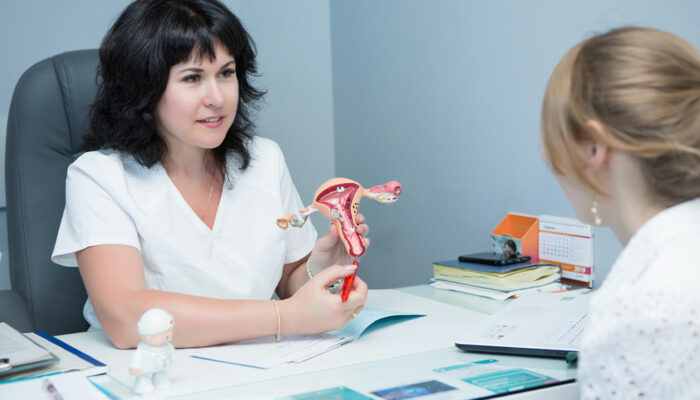
health
Causes and warning signs of prolonged headaches
Headaches are common and unavoidable. Many people might have experienced this painful sensation at some point in life. Headaches can vary in intensity; sometimes, they are more severe than usual, and otherwise, they will be mild. There are times when headaches last longer than the usual bouts of pain. If it happens, it indicates an underlying health concern necessitating treatment. Read further to learn about the common trigger factors of such long-lasting headaches. Migraine Migraines are headaches lasting anywhere from a few hours to a few days. People can experience migraine due to various trigger factors, including stress, lack of quality sleep, unhealthy nutritional habits, and hormonal changes. Common symptoms of migraines include light and sound sensitivity, visual disturbances, and nausea. Tension headaches Tension headaches are one of the most common types of headaches. These are usually caused by poor posture, tension in the shoulders and neck, and stress. Tension headaches can last for a few hours or sometimes even for days. Cluster headaches Custer headache is characterized by severe pain experienced on one side of the head. A rare form of headache, it is usually accompanied by symptoms such as watery eyes and nasal congestion and can last for a few weeks or even up to a few months.
Read More 








